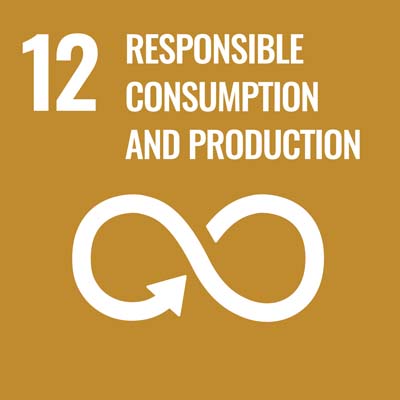- Dates1 Jul 2022 to 31 Mar 2025
- SponsorDepartment for Energy Security & Net Zero (DESNZ), Biomass Feedstocks Innovation Programme, part of the Net Zero Innovation Portfolio
- Funded £3.3m (£648,500 to Cranfield)
- PartnersThe OMENZ project is led by Miscanthus specialist Terravesta and involves various partners including Cranfield University, Crop Health and Protection (CHAP), Energene Seeds Ltd, Liverpool John Moores University, TJSS Ltd, University of Lincoln, and Ystumtec Ltd.
This project works to ensure biomass feedstocks such as Miscanthus are available to fuel the emerging bio-economy. The Climate Change Committee’s Sixth Carbon Budget report states that to reach net zero, 700,000 hectares of bioenergy crops need to be planted by 2050. Our project aims to increase the scale and quality of Miscanthus establishment in the UK.
Cranfield academics will be responsible for developing artificial intelligence (AI) methods for monitoring the establishment and growth of Miscanthus plants using drones. These technologies can fully automate the detection of plants and optimise agronomic decisions. Alongside, work on rhizome quality pre-planting, soil conditions and root zone optimisation, help to increase establishment success and the subsequent yield.
Impact and findings
We have successful trained a prototype AI deep learning model to recognise Miscanthus plants from very high-resolution drone images. Further refinement will take place over the 2023 growing season to ensure the models are robust and accurate for identifying Miscanthus in operational contexts. Alongside, field work investigation soil-root carbon, and laboratory experiments on rhizome pre-treatments are progressing well.






